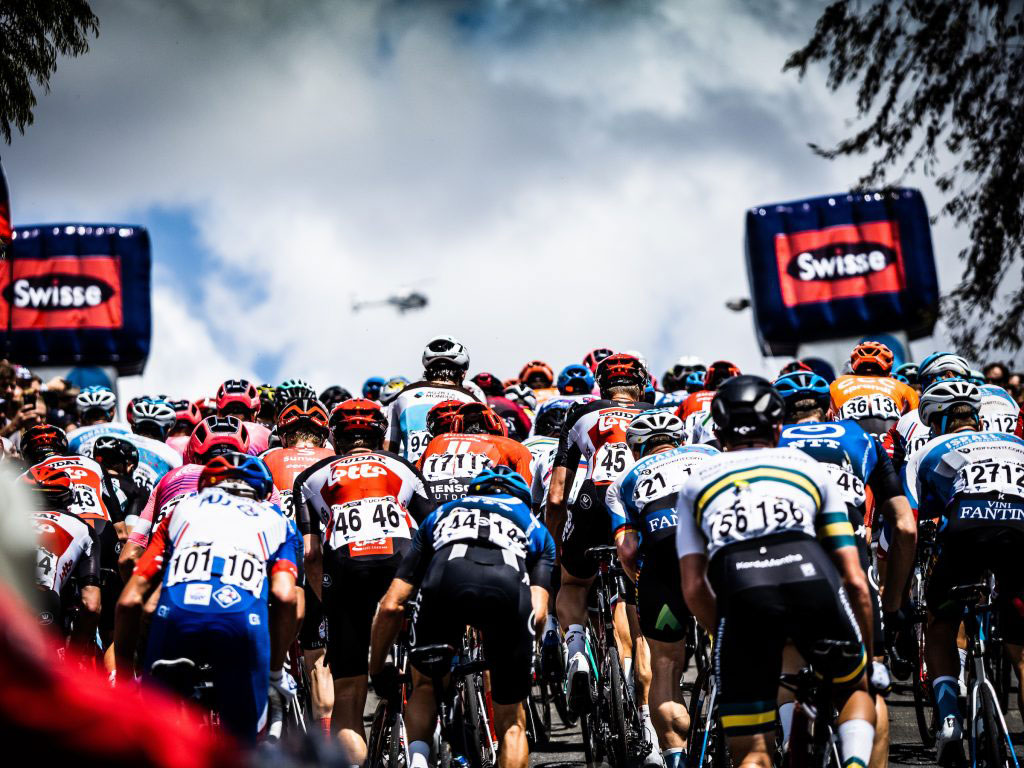Finding greatness in 2020: Part 2
In the second part of this series about riding – and feeling – your best this winter, Swisse Nutritionist Lauren McDowell discusses nutrition needs for recreational riders of all abilities.
NAILING NUTRITION ON THE BIKE
Nutrition plays an important part in performance and recovery from any type of exercise – but, especially long distance cycling. The right diet has the potential to give you maximum return from your training efforts.
CALL FOR CARBS
Carbohydrates are stored in your muscles and liver in the form of glycogen and provide a readily available energy source when riding. However, as these stores are limited, it’s important to have adequate levels of nutrient dense carb sources in your daily diet. This helps achieve optimal performance and offset fatigue.
Eating an easily digested carb-rich snack or meal prior to training can provide the fuel you need to power through the session. Then, during the window of 1-2 hours after a ride, your body will be primed for glycogen re-uptake to your muscles. This is the time to optimise refuelling with carb-rich foods
WHY ADD PROTEIN?
Adequate protein intake is important for recovery from training as it provides your muscles and soft tissues with the building blocks they need for growth and repair.
In addition to including suitable protein sources in your daily diet, consuming 10-20g of protein in the hour after each training ride will help kick start your muscle repair and adaptation to training.
WAYS TO EAT RIGHT
Here are some easy snacks and meals packed with both carbohydrates and protein:
- Super smoothie – blend a banana, berries, ¼ cup oats, ½ cup of nut milk, ½ cup natural yoghurt and 1 tablespoon nut butter.
- Brown rice or sweet potato, mixed vegetables and a palm sized portion of chicken, steak, fish or tofu.
- Rice cakes topped with avocado and a can of tuna.
- A wholegrain sandwich filled with 2 eggs and salad.
DID YOU KNOW…
- B VITAMINS
B vitamins support energy production and stamina and may help your body’s capacity to deal with the increased physical stress associated with strenuous exercise. - OMEGA 3
Omega-3 fatty acids support your heart and help to maintain normal blood pressure, cognitive health, mood balance and an overall healthy nervous system. - MAGNESIUM
Your post-ride recovery strategy is important and magnesium is a great way to help support healthy muscle function and assist with cellular energy production.
Follow us on social media @cadelroadrace for more insights about staying fit and strong, what the pros are up to and news from the Cadel Road Race community. Become a member of swisse.com.au and receive 20% off RRP site-wide plus more wellness and immunity tips.
